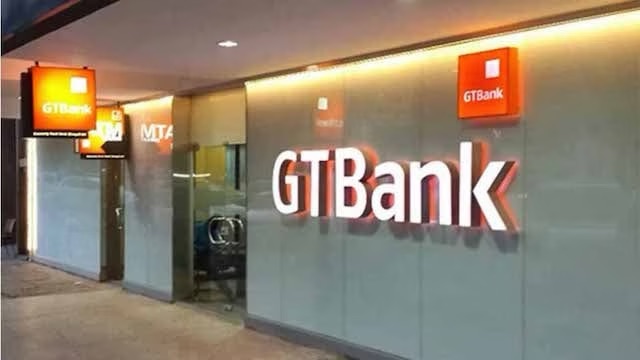Guaranty Trust Bank (GTBank) has taken over conversations on X (formerly Twitter) in Nigeria, with thousands of users airing their thoughts about the financial giant. The trending discussions stem from customer dissatisfaction, operational concerns, and reactions to recent controversies surrounding the bank.
The tipping point was a now-viral post from a frustrated customer, who shared a screenshot of a failed transaction that had not been reversed for weeks. The post read, “GTBank, where is my money? Three weeks and nothing! Do better!” The tweet, which quickly garnered thousands of likes and retweets, opened the floodgates for similar complaints from other users, amplifying the outrage.

A major issue highlighted is system downtimes affecting GTBank’s online platforms. Many customers have reported challenges with the mobile app and USSD services, especially during critical periods like salary payments. These glitches, coupled with delayed transaction reversals, have fueled growing dissatisfaction among users.
Adding to the uproar are allegations of wrongful account restrictions. Several customers claim their accounts were frozen without adequate explanations, leaving them unable to access their funds. These reports have reignited debates about how Nigerian banks handle fraud investigations and customer rights.
In response to the backlash, GTBank issued a statement acknowledging the complaints and assuring customers that their concerns were being addressed. The bank urged users to explore alternative support channels and apologized for the inconveniences. However, critics argue that these responses fail to address the deeper systemic issues.
The viral post and ensuing reactions have turned GTBank into a trending topic, with memes, influencers, and debates dominating the conversation. While some defend the bank’s reputation as one of Nigeria’s leading financial institutions, others are demanding swift reforms. The saga underscores the power of social media in holding organizations accountable and shaping public perception.